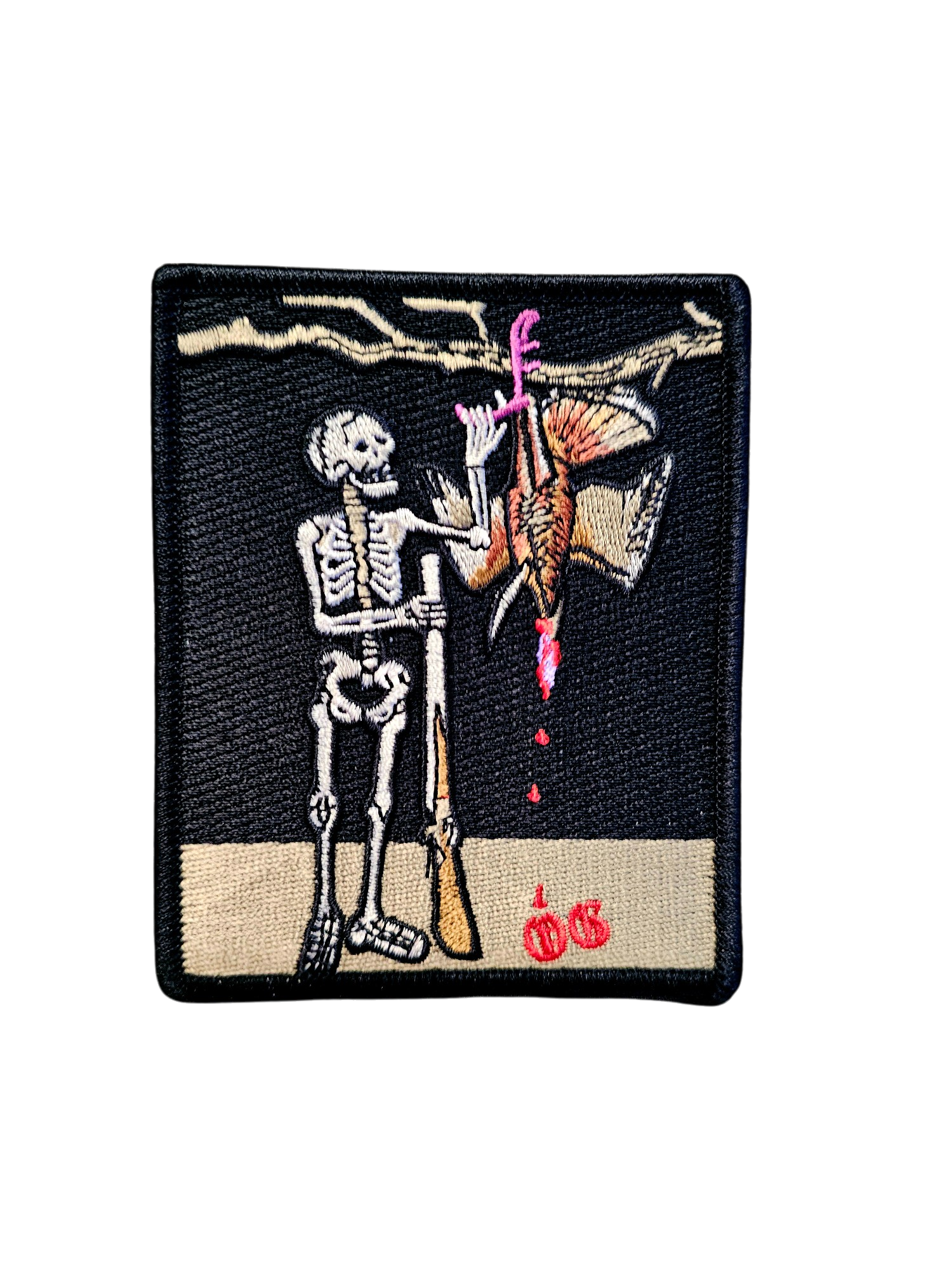        |
Arkansas pushes season back againStarted by arkrem870, August 07, 2024, 05:35:23 PM Previous topic - Next topic
User actions
|
        |
Arkansas pushes season back againStarted by arkrem870, August 07, 2024, 05:35:23 PM Previous topic - Next topic
User actions
|